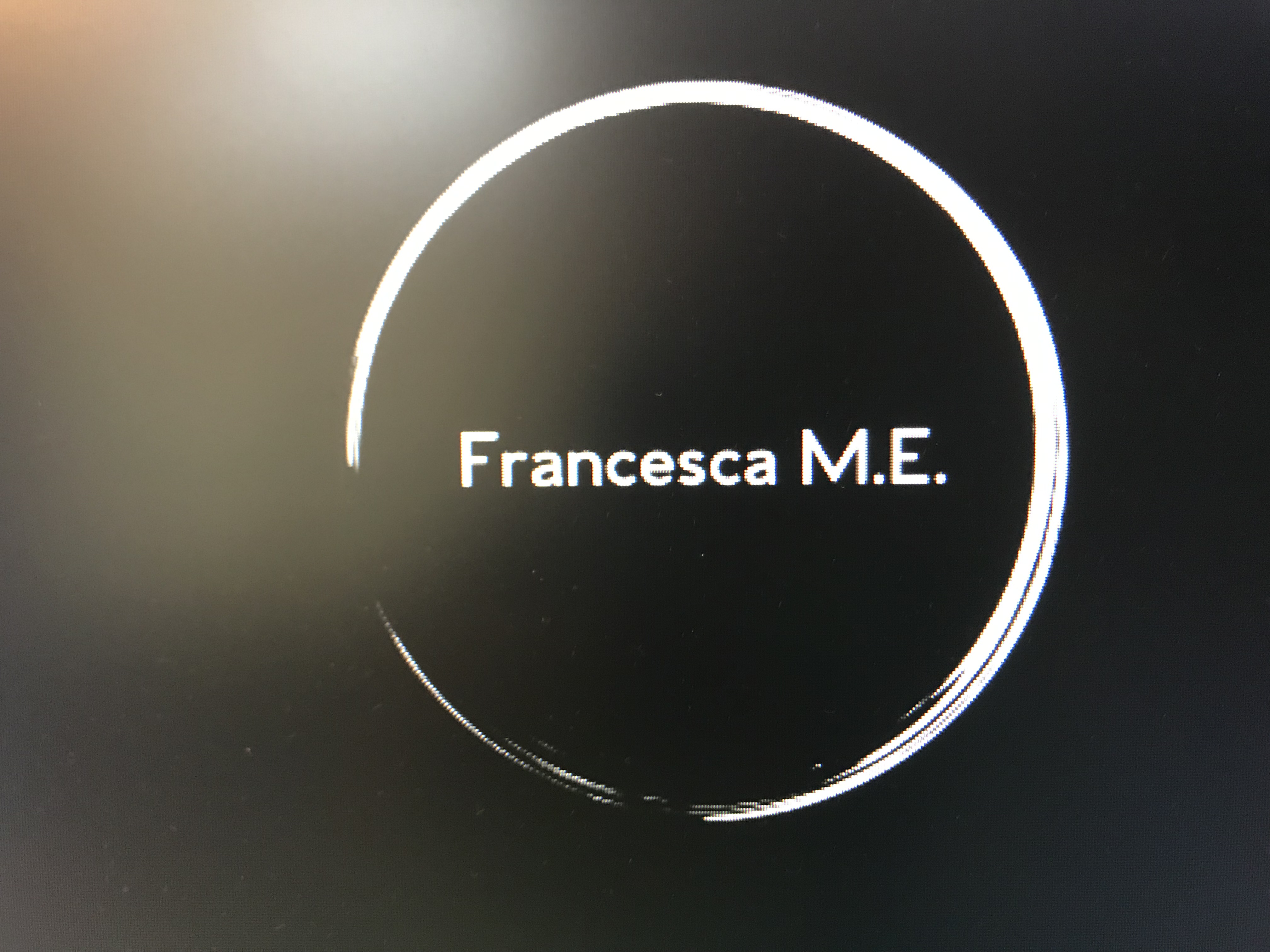Tools For Change

When something happens to us that we didn’t plan, like losing a loved one or a job, we can go into a tailspin. Changes we didn’t expect can uproot the most steady of us and send us off course. We want to have control over our lives to have peace of mind.
A wrench thrown into a gear makes an engine stop. It does the same to us. A heartbreak, a shock, an unplanned situation forces us to stop. We have no choice but to pay attention and do something. Sometimes, though, if the stress is too much, we may shut down, not wanting to deal with the situation and run away from it. That’s when we indulge in mind-numbing activities to take our mind off things (like watching too much TV, getting lost on social media, excessive shopping or drinking, etc.) We can’t face reality, so we numb it.
Numbing our feelings works for a little while, but then they come back. It could be at the most inopportune time that the floodgates open and our burden flows out of us. We might lash out at an innocent victim, have a crying spell in a public restroom, or pour enough liquor down until we can’t see straight. Either way, it’s not healthy.
Grief is real. And each person deals with it individually. There are grief support groups for people who have lost a loved one, and that’s a great support system. But ultimately, we need to deal with our grief on our own. No one can help us through it. Support is helpful, but it’s not in our heads 24/7. We need the tools to take care of ourselves.
Well, get your toolbox ready because I’m going to give you some tools that have helped me deal with grief, and that can help you too.
Tool #1
Give yourself grace. Each one of us has a unique genetic makeup and feels emotions differently. Sure, we can absorb ideas and behaviors from people, but unless you’re put under hypnosis for an extended period, you still have your own thoughts to listen to.
Tool #2
Anger does not cure loss. Even the angriest of folks can feel loss. For example, if a marriage ends because one was cheating, the other spouse most likely feels angry instead of a loss. However, as anger fades, grief can get louder. Even if someone moves on with another person and finds love, those unresolved emotions are still there inside, swirling around in the brain like soup in a moving car. Stop and listen to those thoughts and make peace with them. You deserve that.
Tool #3
Time heals. It’s a cliche, but it has a valid message. You get a cut, and within days, it’s like, what cut? Our bodies and brains can heal. Have patience. Think about a time in the past when you were upset and didn’t know how to overcome it. You did, didn’t you? And each time, you grew a little. Change is a good thing.
Tool #4
Show love. Instead of radiating painful energy, think and really feel loving thoughts and let that be your aura. We can’t change the past or predict the future, but we can choose how we feel in this moment. Go ahead and think of something you’re grateful for, and hold that feeling as long as you can. You’ll be surprised what it can do to you.
Tool #5
Knowing that change is necessary to grow, evolve, and be happy shows our strength. When we do what is best for ourselves and trust that everything will be okay, the pain simmers a little. We get busy doing things (I’m referring to healthy/positive ones) that we enjoy, and the intensity becomes lighter.
But what about the loss? Are we supposed to forget it? No, but we don’t need to think about it all the time. It’s okay to think about good things. The pull, the longing for a person or pet who has passed on, feels terrible. But we can love another and tuck that loss into a special place in our hearts, always with us; it’s just quiet.
If you lose a job or something else of value to you or have an unfortunate event happen to your house, the loss can be brutal, especially if money is tight to begin with. The most important thing is taking care of ourselves. I know that act is necessary for our well-being. I’m learning that now and taking better care of myself than I had done before. B-E-C-A-U-S-E: if we don’t take care of ourselves, how do we have a happy life? And don’t we all deserve that? Of course, we do.
It’s easy to become bitter and resentful for the awful things that happened. The tool is to do something good for yourself that gets you quiet to be able to think and figure things out. For me, it’s writing and singing. Do whatever is good for you. Who wants to be a cocked gun ready to fire? Not me! If you chill and figure it out now, all of a sudden, there are possibilities instead of despair.
Change is good.
Even in the lousy ways it can get to us. It’s not unreasonable to believe that we can make or break our present moments just by using our minds. I don’t know if it’s this area where I live or just an innate human thing, but we are so ready to jump to pessimistic outcomes. I’ve been there. I still get the thoughts, but I push them away quickly. It’s a habit I learned. We can unlearn that. I’m doing it.
Thank you for reading this. I appreciate your time and I respect each one of us going through this journey awake. It takes a lot of strength, discipline, and love for ourselves.
To change,
Francesca
